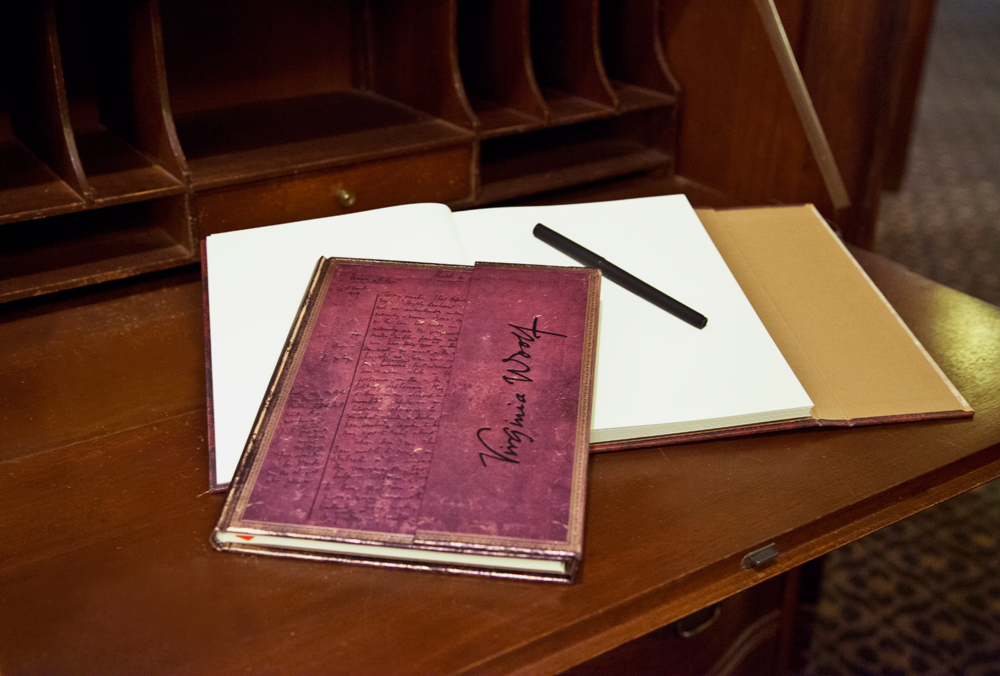
Writing, like any other pursuit, must be undertaken regularly in order to develop your skills and techniques. It is important to figure out a routine that works for you and stick to it, but if you are having trouble determining what works for you, these ideas that have worked for some highly successful writers might be just what you need.
1) Write before dawn
Author: Toni Morrison
Reason: Pre-dawn is the ideal time to write without the distraction of family and daily chores. Get some one-on-one time with your own thoughts by getting up early for a writing session.
2) Write at least 10 pages a day
Author: Stephen King
Reason: King is one of the most successful and prolific modern writers and this is why. Not allowing yourself a “cheat day” will keep you consistent and maintain your momentum (even when it feels like a chore).
3) Go offline
Author: Tom Rath
Reason: Rath writes about productivity in his book Are You Fully Charged? and so we wouldn’t discount this advice. Avoiding email popups and the lure of the Wikipedia black hole is an important part of maintaining focus.
4) Don’t try to make things “fit”
Author: Jeffery Deaver
Reason: Deaver doesn’t believe in writer’s block, saying:
“When I find myself frozen – whether I’m working on a brief passage in a novel or brainstorming about an entire book – it’s usually because I’m trying to shoehorn an idea into the passage or story where it has no place.”
5) Develop a habit, any habit
Author: Maya Angelou
Reason: Angelou is just one example of many writers who have developed a strange, but nonetheless successful, writing habit. Her writing ritual includes checking into a hotel, having hotel staff remove any pictures from the wall, writing on legal pads in bed and having a bottle of sherry, a deck of cards, a Roget’s Thesaurus and a Bible on hand. Whatever works for you, run with it! For more interesting habits, check out this previous Writing Wednesday post.
6) Write like you need to
Author: Johnny D. Boggs
Reason: For Boggs, the reason behind his productivity is simple: “It’s called a mortgage.” When you stop thinking about your backup plans and treat writing like a full-time job, you will have no excuse but to step up and create.
7) Work in bursts
Author: Brigid Schulte
Reason: As Schulte points out, working more doesn’t mean working better. Treat your mind like you would any other muscle, and give it adequate rest and hydration between writing cycles. When you are writing, make sure that is all you are doing, but be conscious of taking regular, restorative breaks throughout your work day.
8) Get over the first page
Author: Mary Higgins Clark
Reason: We all know the pressure that exists to create a great opening line. But that doesn’t mean you have to perfect it as the first thing you write. Clark, who has been writing fiction since 1968, says:
“I know too many people who’ve spent months working over the first chapters of their projected novels. That’s wrong. Get it down. Bumble it through. Tell the story. When you have fifty or 100 pages typed, you’ve got something to work with.”
About Paperblanks®: At Paperblanks, we believe that art should have a place in all aspects of life. That’s why we follow the artist’s way in everything we do – creating, crafting and releasing designs we believe have the power to touch people. For more about Paperblanks, go to our website at paperblanks.com.






